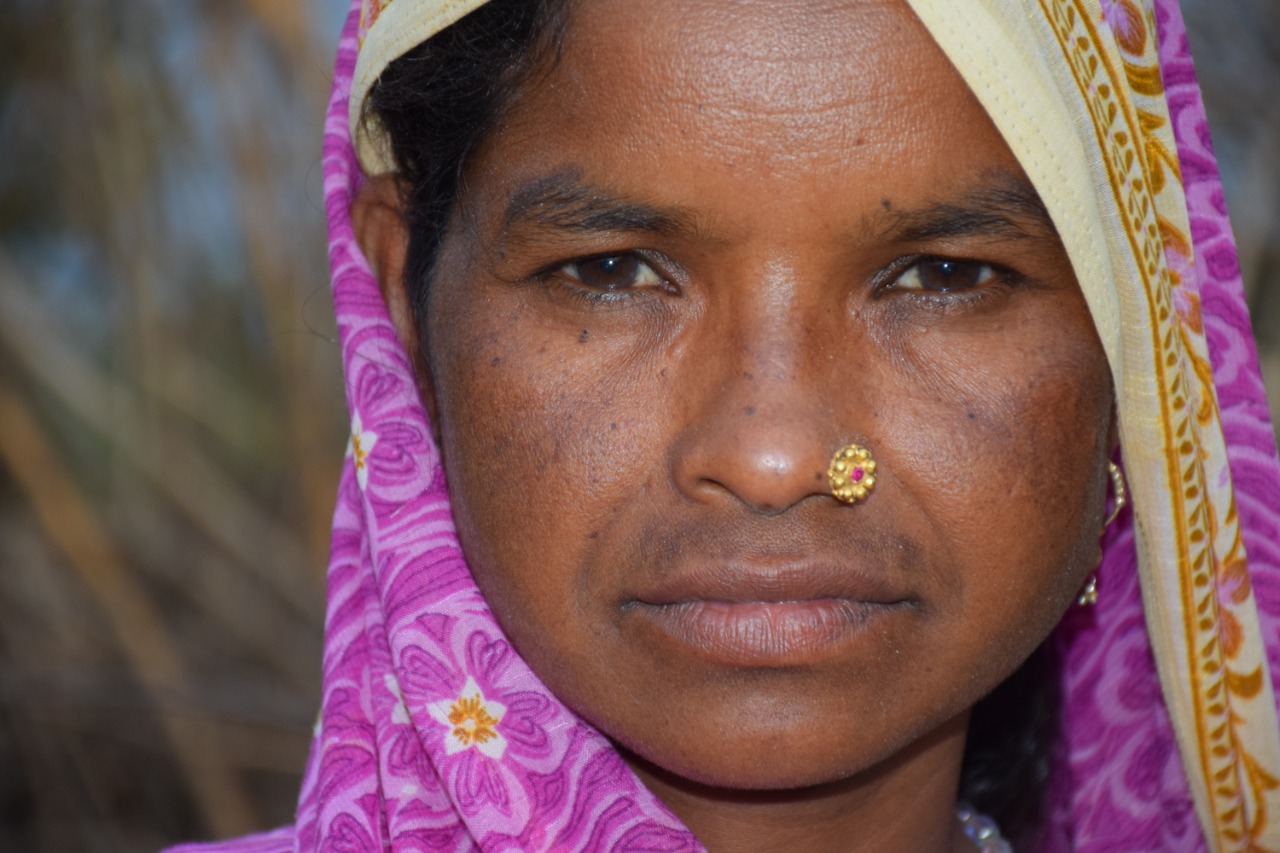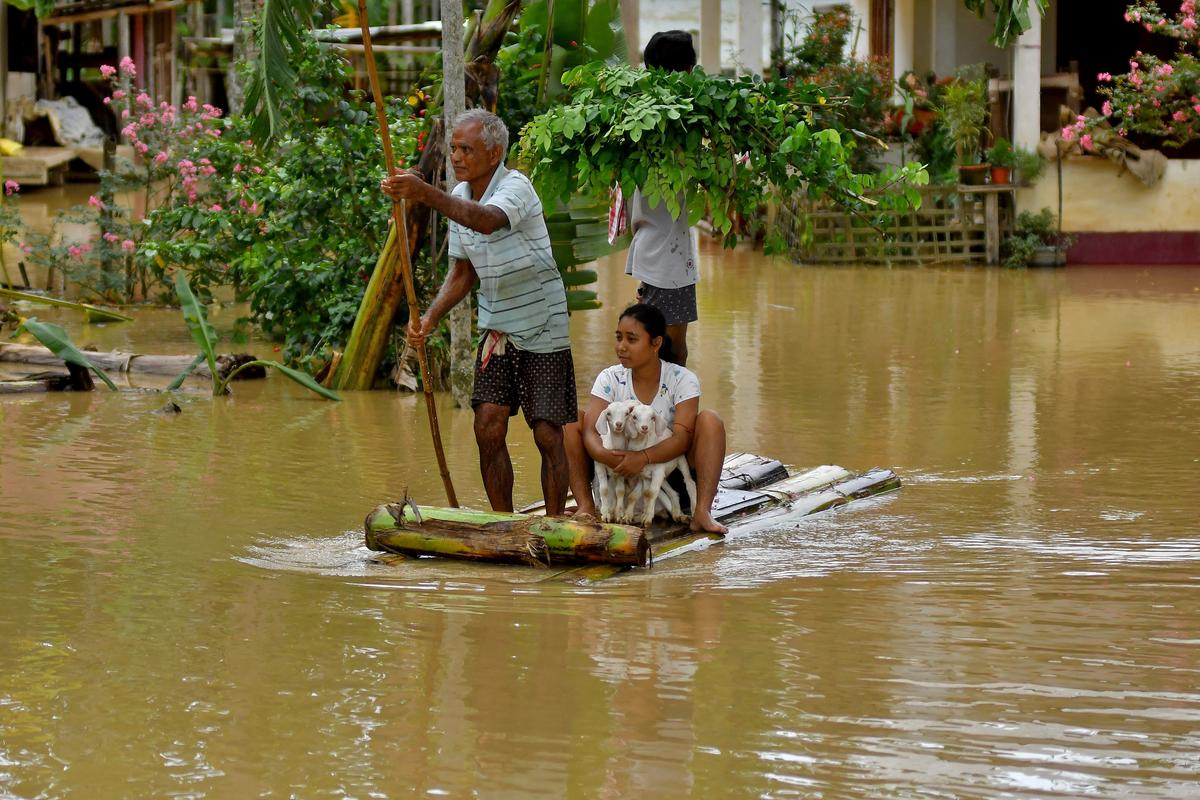CASA BLOGS
HOPE IN TIMES OF DESPAIR
Suraj Ramji is a 25-year-old migrant worker hailing from Awaliya village in Madhya Pradesh. He belongs to the Korku tribe, which is an ethnic adivasi group residing in parts of Madhya Pradesh and Maharashtra. A lesser known tribe, the Korkus are known to follow a traditional form of living with thatched huts made up of sand, stone and leaves encircling the village. There are more than 188 households residing in the Awaliya village. They lack proper road connectivity and communication channels.
There is a lack of awareness about proper health and hygiene practices, which lead to emergence of diseases and malnutrition. Agriculture is the major source of livelihood here. But the scanty rainfall and barren landscape means that arable land is scarce, prompting people like Suraj, to turn to other means for survival.
The absence of his own land for cultivation and the paucity of employment opportunities within his village, made him migrate to sustain his family of three.
Hoping to find some work, Suraj alongside his friends migrated to Jalgaon in Maharashtra, in February 2020. Maharashtra houses around nine million of the country’s migrants, the highest number among other states. However, the lockdown announced due to the COVID-19 pandemic made matters worse.
While the pandemic has impacted various strata of society, it is the 40 million internal migrant population across the country, that has been adversely affected, according to the World Bank.
With all employment opportunities shutting down resulting in no work, Suraj thought it was better to return home.”We waited for a few days, hoping for some transport (train or bus) to take us back. Seeing none, we decided to walk back home.” But home was nearly 300km away. Embarking on an arduous journey that went on for six days, they were able to cover the distance.
Things weren’t better at home too. Suraj returned to find that food was scarce and even basic essential commodities were unavailable in his remotely located village.
The ration that he got from the PDS shop wasn’t enough to sustain him and his family for long. This is where CASA came to his rescue. After identifying his needs during a survey, he was provided with dry ration and hygiene kits, under CASA’s COVID-19 Response Programme. “These many things will help feed my family for a minimum of one and a half months,” said a delighted Suraj, who thanked CASA for the support.
-written by Sudarshana Chatterjee, Intern, Communications
 Previous Blog Post Hope beyond the Clouds
Previous Blog Post Hope beyond the Clouds Cyclone Amphan: Recounting tales of Horror
Cyclone Amphan: Recounting tales of HorrorFeatured Post

Mental Health Awareness in India: Addressing Key Challenges
8 Nov 2024
Mental health awareness is crucial in India, where millions silently struggle with mental health disorders, including depression, anxiety, and bipolar disorder. Despite growing recognition, India faces unique challenges in effectively addressing mental health issues. The stigma associated with mental illness remains a primary barrier. In Indian society, mental health issues are often misunderstood, leading to […]

Ensuring Girls’ Safety in India: A Path Toward Empowerment
20 Aug 2024
Girls’ safety in India remains a critical issue that has garnered increasing attention over the years. Despite various reforms and efforts from both government and civil society, challenges persist. From street harassment to domestic violence, gender-based discrimination continues to limit the freedom and safety of girls. While significant progress has been made in addressing these […]

The Connection Between Monsoons and Floods in India: An In-Depth Analysis
9 Jul 2024
India, a land of diverse climates and geographical features, relies heavily on the monsoon season for its agricultural and water resources. However, with the benefits of the monsoon rains come significant challenges, particularly in the form of floods. This blog explores the intricate relationship between the monsoon season and flooding in India, providing detailed insights […]


